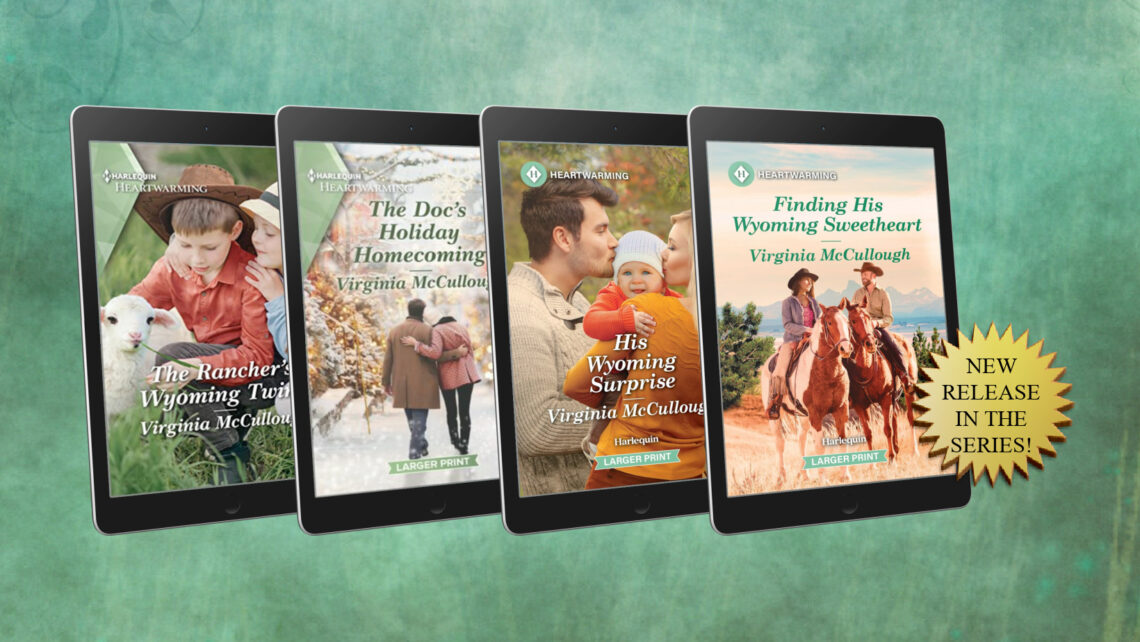
What is it about a series?
Bringing the Adelaide Creek books to a close has triggered thoughts about why a series is so much fun to write, and based on global sales of books of every genre, fun to read. Harlequin Enterprises has an entire division devoted to series romance in a variety of genres from suspense and intrigue to faith-based or sweet romance. When I’ve been asked about what I write, and I say “women’s fiction and series romance,” I might be asked to define women’s fiction, but everyone knows exactly what series romance is.
A successful series requires two main elements: 1) the author’s strong attachment to the people and places she’s created, and 2) readers who can’t get enough of these same people and places. Whether it’s book 3 or 6, it’s much like season 3 or 6 of a wildly popular TV series. We might have favorite iconic movies, but watching them a dozen times is not the same as becoming attached to a cast of characters one season after another. In the romance genre, the “rule” holds that each book tells the story of two main characters, or protagonists. After that, these two characters become part of the supporting cast in subsequent books. By contrast, some of the most popular mystery series revolve around one sleuth or a team of crime solvers.
Serialization itself isn’t new, of course. Charles Dickens’ books were legendary for their ability to capture fans who lined up to buy the newspaper publishing the next installment. Leo Tolstoy and Arthur Conan Doyle also wrote books that were serialized. Fast forward to the twentieth century, and think about the millions of kids who read the Nancy Drew/Hardy Boys series and the L.I. Wilder’s “Little House” books. Equally enthusiastic about books in a series, today’s kids exchange copies of Dork Diaries, Wings of Fire, and so many more. (Yes, hook them on books when they’re young, I say.) Episodic radio dramas paved the way for daytime TV and prime time drama. Let’s face it, we’re hooked on series that grab us and won’t let go.
For decades now, neuroscientists have been studying the brain and proving what we already knew: We humans are wired for stories. Beyond that, I’m amazed at how little it takes for most of us to suspend disbelief. Whether the characters are vampires and demons or very human protagonists in any century, readers will gladly buy in. And, as most series writers quickly learn, the characters that appear in series don’t have to play big roles in one book for reader-reviewers to more or less demand that these minor characters get stories of their own. We also bring our major series protagonists back for cameos–and readers usually welcome them.
What do you enjoy most about series? Leave a comment and share your thoughts.


